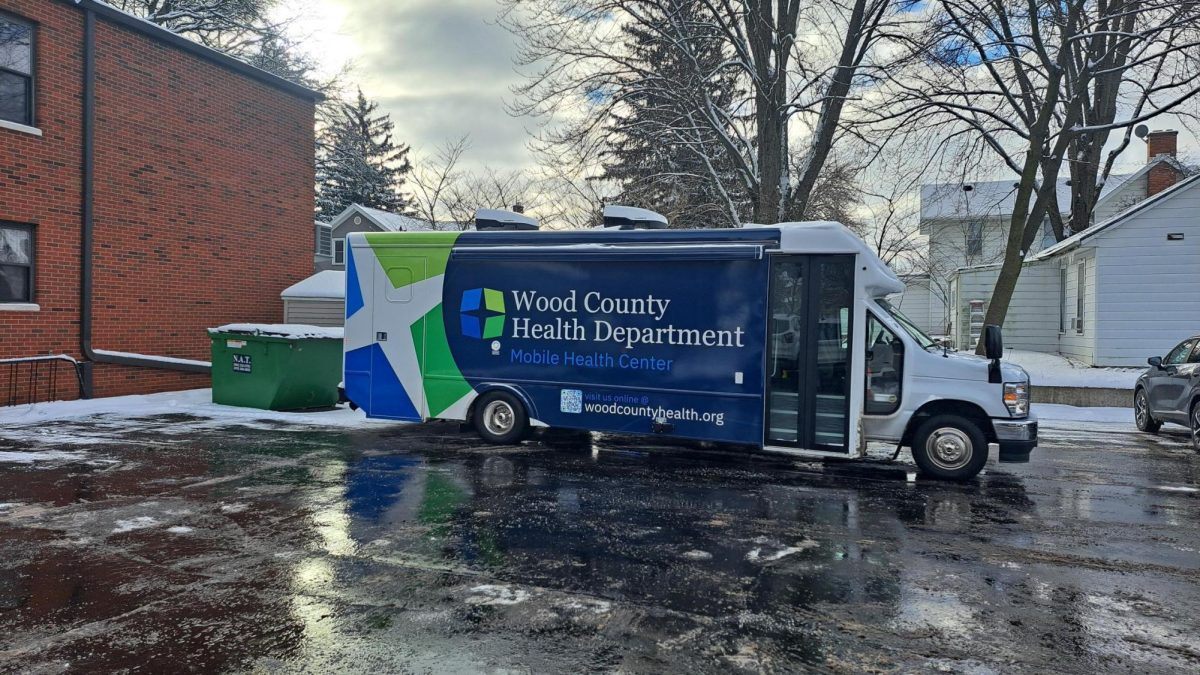The Brock Turner rape case in California captured national headlines for weeks after the victim’s emotional courtroom statement spread like wildfire across social media. Turner’s six-month sentence turned into just three months after being released for good behavior. Although this sexual assault because a national headline, sexual assault is not confined to Stanford’s campus.
There were a total of 37 reported sexual assaults on Bowling Green’s campus from 2012 to 2014, according to the University’s Campus Security and Fire Safety Report of 2015.
That total only reflects the number of sexual assaults that have been reported.
“People don’t necessarily have to report [sexual assault] to the police,” University Director of Wellness Connection Faith DeNardo said. “It’s all about what the survivor wants.”
Victims oftentimes do not want the attention that comes with reporting the crime, DeNardo said.
Victims could experience a variety of consequences in coming forward, such as being forced to revisit the experience, facing judgement from people close to them or having the assault end up effecting their careers.
“It’s an under-reported crime,” Managing Attorney Rodney Fleming of the University’s Student Legal Services said. “They do these surveys with women and they show it’s occurring more often than it’s being recorded.”
“It’s hard to put a number on it. That’s why schools are trying to look at this problem more aggressively,” he said.
After Brock Turner’s trial, lawmakers in California passed a bill to revise some of the state’s laws to expand the state’s legal definition of rape, according to The Los Angeles Times.
In California, rape is currently defined as sexual intercourse and penile penetration only, The Los Angeles Times said. This definition has gathered critics that bring attention to its various issues, such as its bias against people of the LGBT community and men.
“California’s restrictive definition of rape means a man cannot be raped,” Assembly Member Cristina Garcia said, as quoted in The Los Angeles Times. “It means a victim forced to engage in oral sex cannot be raped,” she said.
The new bill the legislators passed in August would expand the definition of rape to include “all forms of non-consensual sexual assault,” according to The Los Angeles Times.
California Governor Jerry Brown has to approve the bill before it can take effect, according to The Los Angeles Times.
As for Ohio, rape is considered to be “any form of unwanted sexual conduct obtained without consent,” according to Ohio Law. Ohio’s definition is not as restrictive as California’s currently is, which benefits sexual assault victims.
“Folks all around the state have been focused on changing campus culture,” DeNardo said. The Department of Education has been guiding “the direction the state would like campuses to go,” she said.
“If there’s sexual assault there’s a problem,” Captain Michael Campbell of the on campus police said. “There’s only one way to prevent sexual assault and that comes down to the suspect,” he said.
Whether the campus is in California or in Ohio, education on consent is an important tool in preventing these crime, Campbell said.
“It’s up to the perpetrator to not do it,” he said.













